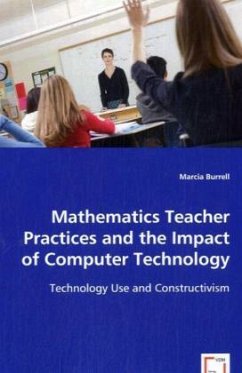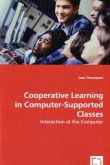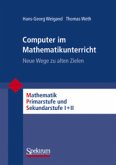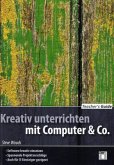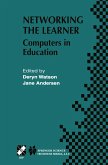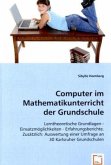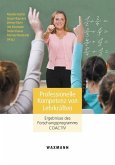This study investigated the effectiveness of technology innovation grants awarded to 55 secondary school mathematics teachers between 1997 and 2003. Although professional development resources often are allocated for integrating technology and for applying constructivist theory into the mathematics classroom, little is known about the return on these investments. The grant recipients were sorted into 3 groups, by the grant award date, and descriptive statistics was used to summarize the perceived impact of technology on constructivist statements. A 25-question mail-insurvey instrument was used to gather information about teacher level of technology integration, teacher observations of students when using technology, the impact of technology on constructivist behaviors, and other demographic data related to years of teaching and courses taught. This study contributes to social change in professional development by providing a model to determine the efficacy of how funds allocated for instructional resources, instructional programming, the purchase and implementation of instructional technology and the allocation of resources to professional development programs.
Bitte wählen Sie Ihr Anliegen aus.
Rechnungen
Retourenschein anfordern
Bestellstatus
Storno

